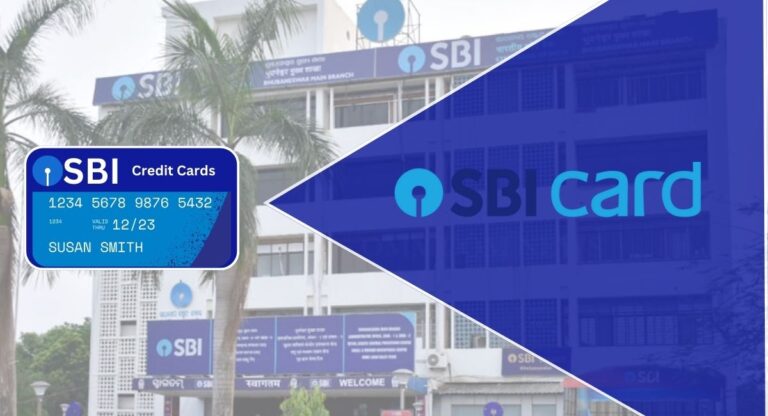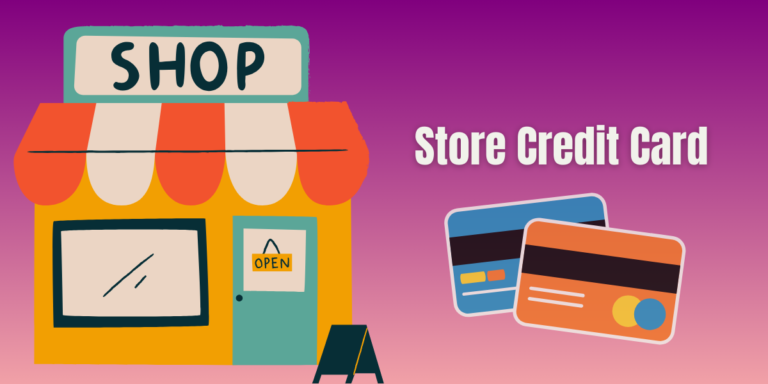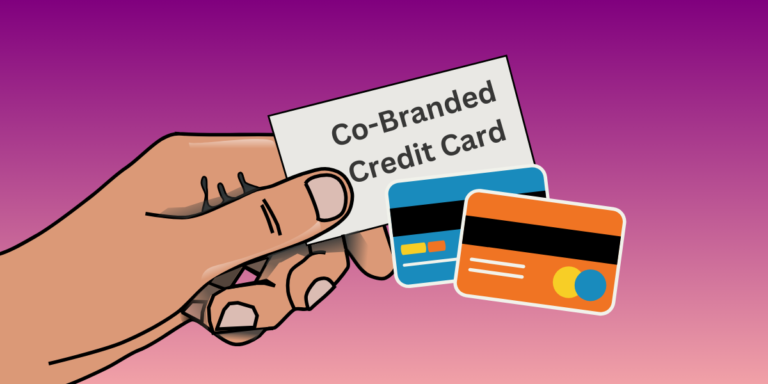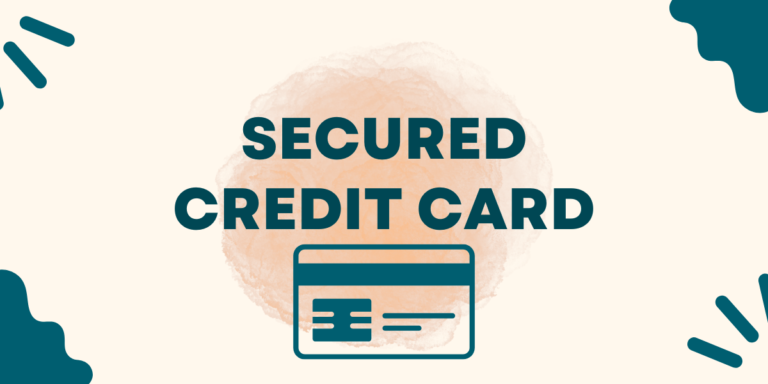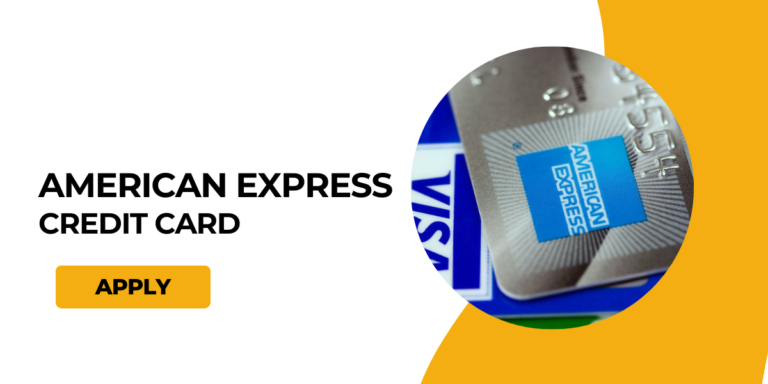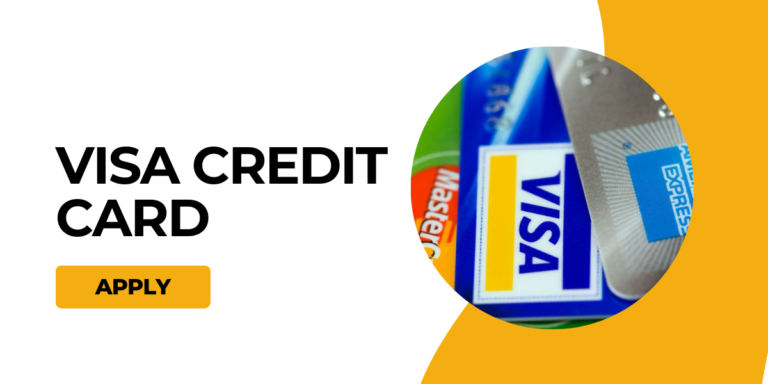A Visa credit card is a special card from your bank that lets you buy things worldwide.
You can spend a certain amount of money, but you have to pay it back later.
It keeps your money safe and may give you rewards. Different banks offer different types of Visa cards.
Benefits Using Visa Credit Card
Using a Visa credit card offers numerous benefits to cardholders.
Firstly, Visa cards are widely accepted worldwide, allowing users to make purchases conveniently both online and in-person at millions of locations.
They provide a secure way to pay, with features like fraud protection and zero liability for unauthorized transactions, giving cardholders peace of mind.
Visa credit cards often come with rewards programs, offering cashback, points, or miles for every dollar spent, which can be redeemed for various perks such as travel, merchandise, or statement credits.
Additionally, Visa credit cards provide flexibility with repayment options, allowing users to pay off balances over time while also building credit history.
Furthermore, many Visa cards offer additional perks such as travel insurance, purchase protections, and access to exclusive events or offers, enhancing the overall value for cardholders.
Overall, utilizing a Visa credit card can provide convenience, security, rewards, and additional benefits for users’ financial needs and lifestyle.
different types of Visa cards
- Visa Credit Cards: Allow you to borrow money from a bank up to a certain limit for purchases, repayable over time.
- Visa Debit Cards: Linked directly to your bank account, allowing you to spend money you already have.
- Visa Prepaid Cards: You load money onto the card in advance, and you can spend only what you’ve loaded.
- Visa Gift Cards: Preloaded with a certain amount of money and can be used until the balance is depleted.
- Visa Business Cards: Designed specifically for business expenses, offering features tailored to business needs.
- Visa Signature Cards: Offered to customers with excellent credit and provide additional perks such as travel insurance and concierge services.
Visa Credit Cards
Visa credit cards are payment cards issued by financial institutions like banks and credit unions that operate on the Visa payment network.
With a Visa credit card, you can make purchases at millions of locations worldwide, both in-person and online.
These cards provide you with a line of credit, allowing you to borrow money up to a certain limit set by the issuer.
You can use this credit to make purchases, and you’re required to repay the borrowed amount, typically on a monthly basis.
Visa credit cards often come with features like rewards programs, fraud protection, and various perks depending on the specific card and issuer.
Visa Debit Cards
Visa debit cards are payment cards linked directly to your bank account, allowing you to access funds for purchases and transactions.
When you use a Visa debit card to make a purchase, the money is deducted directly from your bank account, so you’re spending money you already have.
Visa debit cards can be used at millions of locations worldwide, both in-person and online, wherever Visa is accepted.
These cards offer convenience and security, often coming with features such as fraud protection and the ability to track spending easily through your bank account.
Visa Prepaid Cards
Visa prepaid cards are payment cards that you can load with money in advance, allowing you to spend only the amount you’ve deposited onto the card.
These cards are not linked to a bank account, so you can’t spend more money than you’ve loaded onto the card.
Visa prepaid cards can be used for purchases at millions of locations worldwide, wherever Visa is accepted, including in-person and online transactions.
They are convenient for budgeting and managing expenses, as well as for making purchases without the need for a traditional bank account or credit check.
Visa Gift Cards
Visa gift cards are prepaid cards that are preloaded with a specific amount of money, often given as gifts.
These cards function similarly to prepaid debit cards but are typically intended for one-time use until the balance is depleted.
Recipients can use Visa gift cards to make purchases at millions of locations worldwide where Visa is accepted, both in-person and online.
They offer flexibility and convenience, allowing recipients to choose what they want to buy.
Visa gift cards are often appreciated as presents because they give the recipient the freedom to select their own gift.
Visa Business Cards
Visa Business Cards are payment cards designed specifically for business expenses.
They offer features tailored to meet the needs of businesses, such as expense tracking, spending controls, and the ability to issue cards to employees.
Visa Business Cards can be used for purchases at millions of locations worldwide where Visa is accepted, both online and in-person.
They help businesses manage cash flow, track expenses, and separate business spending from personal expenses.
These cards often come with perks and benefits geared towards business needs, such as rewards for business-related spending, travel insurance, and purchase protections.
Visa Signature Cards
Visa Signature Cards are a type of credit card offered by Visa that comes with enhanced benefits and perks for cardholders.
These cards are typically available to customers with excellent credit scores.
Visa Signature Cards offer features such as travel insurance, concierge services, extended warranty protection, purchase protections, and various discounts and rewards.
Cardholders may also have access to exclusive events and experiences.
Additionally, Visa Signature Cards often have higher credit limits and more favorable terms compared to standard credit cards.
Best SBI Credit Card 2024: Eligibility, Features & Benefits
Indian Bank Credit Card: Eligibility, Features & Benefits
Bank of Maharashtra Credit Card: Eligibility, Features & Benefits
History of Visa
Visa, originally named BankAmericard, was established in 1958 by Bank of America. It was the first mass-marketed credit card program in the United States.
Initially, BankAmericard was limited to California but soon expanded across the country.
In 1970, BankAmericard became an independent entity owned by various member banks, forming the Interbank Card Association (ICA).
The ICA later changed its name to Visa International Service Association in 1976. This change marked the global expansion of the card network beyond the United States.
Throughout the 1970s and 1980s, Visa expanded its presence internationally, forming partnerships with banks worldwide and introducing new products and services.
In 1984, Visa introduced the Visa Debit card, offering a new way for consumers to access their funds directly from their bank accounts.
The 1990s saw significant advancements in technology, with Visa introducing innovations such as chip technology for enhanced security and the launch of the Visa Electron card, which allowed for electronic transactions without requiring a line of credit.
In the early 2000s, Visa continued to grow and adapt to changing consumer needs and technological advancements. It launched new products and services, expanded its global network, and strengthened its focus on security and fraud prevention.
In 2007, Visa Inc. became a publicly traded company with an initial public offering (IPO) on the New York Stock Exchange. This move further solidified Visa’s position as a leading global payments technology company.
Since then, Visa has continued to innovate and evolve, introducing contactless payment technology, mobile payment solutions, and advancements in digital payments.
Today, Visa is one of the largest payment networks in the world, facilitating billions of transactions annually and providing a wide range of payment solutions for consumers, businesses, and financial institutions globally.
What is the highest grade Visa card?
The highest grade Visa card is typically the Visa Infinite or Visa Signature card.
These premium cards offer exclusive benefits, rewards, and services tailored to high-net-worth individuals.
They often come with perks such as travel benefits, concierge services, luxury hotel and airline partnerships, and higher credit limits.
Visa Infinite cards usually offer more extensive benefits compared to Visa Signature cards.
Which is better Visa or debit card?
The choice between a Visa credit card and a debit card depends on individual financial needs and preferences.
Visa credit cards allow you to borrow money up to a certain limit and repay it over time, while debit cards are linked directly to your bank account, allowing you to spend money you already have.
Credit cards offer advantages such as building credit history, earning rewards, and fraud protection, but they also come with the risk of accumulating debt and interest charges.
Debit cards offer convenience and help manage spending, but they may lack certain protections and rewards associated with credit cards.
Why is Visa card the best?
Visa cards are widely regarded as among the best payment cards due to their global acceptance, security features, and extensive benefits.
Visa global network ensures that cardholders can use their Visa cards at millions of locations worldwide.
Visa cards also come with security features such as fraud monitoring, zero liability protection, and advanced encryption technology to safeguard transactions.
Visa offers a wide range of benefits and rewards programs tailored to different cardholders’ needs, including cashback, travel rewards, purchase protections, and exclusive offers.
Which card is best, Visa Classic or Platinum?
The choice between Visa Classic and Visa Platinum depends on individual preferences and spending habits.
Visa Platinum cards typically offer higher credit limits, enhanced benefits, and more extensive rewards compared to Visa Classic cards.
They may come with perks such as travel insurance, concierge services, extended warranty protection, and access to exclusive events.
However, Platinum cards often have higher annual fees and may require higher credit scores for approval.
Visa Classic cards, on the other hand, offer basic benefits and lower fees, making them suitable for those seeking a straightforward payment solution without additional frills.
Ultimately, the best card depends on your financial goals, lifestyle, and the features that matter most to you.
How do I pay my Visa credit card bill?
Paying your Visa credit card bill is typically straightforward and can be done through various methods. Here are 5 common ways to pay your Visa credit card bill:
- Online Banking: Most banks and credit card issuers offer online banking services that allow you to manage your credit card account and make payments online. Log in to your bank’s website or mobile app, navigate to the credit card section, and follow the prompts to make a payment.
- Automatic Payments: You can set up automatic payments through your bank or credit card issuer, where the payment amount is deducted from your linked bank account on a specified date each month. This ensures your bill is paid on time without needing to remember to make a manual payment.
- Phone Payments: Many credit card issuers provide automated phone payment systems or customer service representatives who can assist you in making a payment over the phone. Simply call the phone number on the back of your Visa credit card and follow the instructions.
- Mail-in Payments: You can also mail a check or money order along with your payment stub to the address provided on your credit card statement. Be sure to allow enough time for the payment to reach the issuer and be processed before the due date.
- In-person Payments: Some banks and credit unions allow you to make payments in person at branch locations. Visit your bank’s branch and provide your credit card information to make a payment at the teller or customer service desk.
What is the payment method of a Visa card?
Paying for things with a Visa card is like borrowing money from a bank. Every month, the bank sends you a bill showing what you’ve spent.
You have to pay this bill by a certain date to avoid extra charges. You can either pay the full amount you owe or just a part of it, called the minimum payment.
If you can’t pay the full amount, it’s better to pay at least the minimum. There are different ways to pay your bill, like online, over the phone, or by mail.
If you don’t pay your bill on time, you might have to pay extra fees. It’s important to manage your Visa card responsibly to avoid getting into debt trouble.
Frequently Asked Questions
What is the limit of Visa card?
The limit of a Visa card, like any credit card, varies depending on several factors, including your creditworthiness, income, and credit history. Banks or financial institutions determine the credit limit when they issue the card to you. Typically, credit limits can range from a few hundred dollars to tens of thousands of dollars.
Can I use 100% limit of credit card?
While you technically can use up to your credit card’s full limit, it’s generally not advisable to do so. Using a high percentage of your available credit limit can negatively impact your credit score and increase your risk of accruing debt. Financial experts recommend keeping your credit utilization ratio, the amount of credit you’re using compared to your total available credit—below 30% to maintain a healthy credit profile.
Is it OK to have 2 Visa credit cards?
Yes, it’s perfectly fine to have multiple Visa credit cards. Having multiple cards can offer benefits such as diversifying rewards, accessing different perks and benefits, and providing backup payment options. However, it’s essential to manage your credit responsibly and avoid overspending or accumulating more debt than you can comfortably repay.
